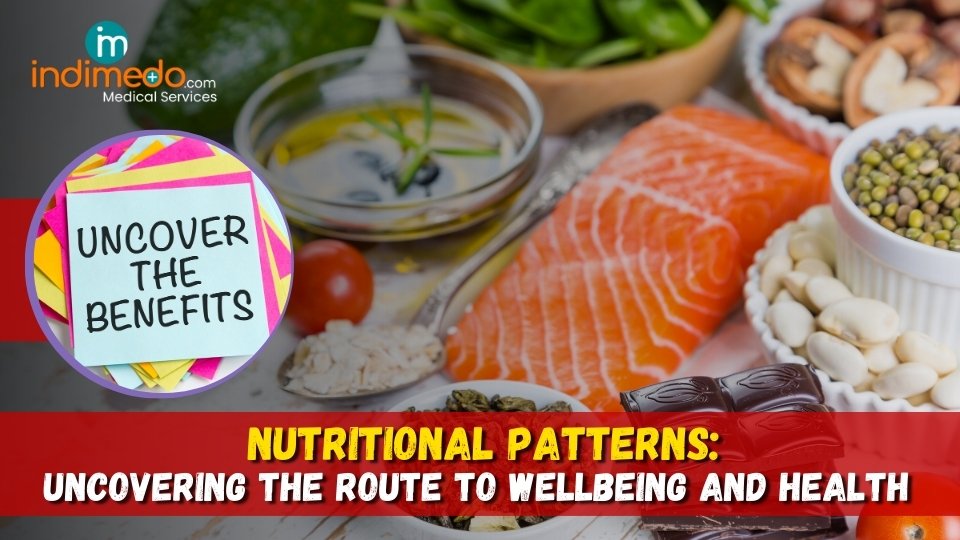Ten Techniques to Change Your Life and Embrace Joyful Living

Defining Joyful Living
Joyful living is about being happy and content in all areas of life, regardless of the situation outside of oneself. To develop a fulfilling life, it requires accepting positivity, mindfulness, and thankfulness.
The importance of joy in life
More than merely a passing feeling, joy is a basic human experience that supports good mental, emotional, and physical health. Studies reveal that leading a happy life can lower stress levels, strengthen the immune system, and improve general well-being.
The power of gratitude
Developing thankfulness is essential to leading a happy life. We may change our perspective from one of scarcity to one of plenty and promote a better sense of contentment and wellbeing by learning to appreciate the benefits in our lives, no matter how big or small.
Cultivating Gratitude Daily
Gratitude practice doesn't have to be difficult. Our attitude towards life can be greatly impacted by small actions like journaling our gratitude, showing thanks to loved ones, or thinking back on our pleasant memories.
Impact of Gratitude on Mental Well-Being
Gratitude has been shown in numerous studies to have positive effects on mental health, such as decreased anxiety and depression, enhanced resilience, and enhanced relationships. Gratitude is a habit that we can develop into a more resilient and optimistic way of thinking.
The Essence of Joyful Living
Joyful living is fundamentally about appreciating the beauty of life's small pleasures and discovering contentment in the here and now. It's a mentality change from seeking happiness outside of ourselves to seeing that it's inside and just waiting to be found.
Cultivating Gratitude
Joyful living is based on gratitude. We invite a wealth of contentment and happiness into our hearts when we learn to appreciate the small and large benefits in our lives.
Practicing Mindfulness
Being mindful enables us to completely focus on the here and now, free from the weight of the past and concerns about the future. It involves paying close attention to our thoughts, feelings, and environment while being totally present.
Mindfulness Practices
Being mindful enables us to completely focus on the here and now, free from the weight of the past and concerns about the future. It involves paying close attention to our thoughts, feelings, and environment while being totally present.
Embracing the Present Moment Awareness
Deep breathing, body scans, and meditation are examples of mindfulness techniques that can help us develop present-moment awareness and lower stress. We can achieve more inner clarity and serenity by learning to observe our thoughts and feelings objectively.
Techniques for mindful living
Practicing mindfulness on a regular basis doesn't have to be difficult. We can cultivate a greater sense of joy and fulfillment by engaging in simple activities like mindful eating, walking, or listening. These activities can help us become more aware of the richness of each moment.
Pursuing passion and purpose
A happier life requires us to identify and follow our passions. Taking part in things that make us happy and fulfilled, whether they be personal hobbies, professional attempts, or artistic projects, enriches our lives and improves our general well-being.
Identifying personal passions
Investigate what genuinely makes you happy and fulfilled. Find activities that excite your passion and are consistent with your values and interests, whether they are in the fields of art, music, athletics, or volunteer work.
Aligning Life with Purpose
Aligning our decisions and behaviors with our underlying values and beliefs is a key component of living with purpose. We can live more fulfilled and satisfied lives if we achieve important goals and give back to causes bigger than ourselves.
Nurturing Relationships
A joyful existence requires human connection. We receive love, support, and a sense of belonging from our meaningful relationships with family, friends, and neighbors, which improves our general wellbeing.
Building meaningful connections
Spend time and effort fostering your relationships with family and friends. Schedule time for meaningful conversations, listen with empathy, and show gratitude and love on a regular basis.
Importance of Social Support
Having strong social ties has been associated with several positive health effects, such as reduced stress, happier moods, and longer life spans. Make time for your loved ones and create a network of people who can support and encourage you.
Self-Care Strategies
Prioritising self-care is essential for maintaining overall health and well-being. Taking time to care for ourselves physically, emotionally, and mentally allows us to recharge, rejuvenate, and show up as our best selves in all areas of life.
Prioritising physical and mental health
Exercise, proper diet, rest, and stress reduction are all included in the category of self-care. Make it a point to include things that uplift your body, mind, and soul in your everyday schedule.
Incorporating Self-Care Routines
Make a self-care schedule that suits you, including enjoyable and rejuvenating activities in your routine. Make time for self-care every day, whether it's through a mindfulness exercise, a warm bath, or a daily walk.
Finding Balance
For general well-being, work and rest must be balanced. We can design a life that feels harmonious and meaningful by respecting our obligations and commitments, as well as our need for rest.
Balancing Work, Rest, and Play
Setting priorities for our time and effort based on our beliefs and priorities is a necessary part of finding balance. Establish limits on your job and responsibilities, and schedule downtime for enjoyable hobbies and rest.
Tips for Achieving Work-Life Balance
Achieving work-life balance can be accomplished through time management techniques, realistic goal-setting, and task delegation as needed. Make self-care and spending time with loved ones your top priorities, and don't be hesitant to decline engagements or activities that sap your energy.
Embracing Positivity
Joyful existence is mostly dependent on developing a good outlook. We can develop more resilience by exercising optimism, concentrating on the positive aspects of life, and reconsidering setbacks as chances for personal development.
Conclusion
Choosing to live a joyful life means developing a way of thinking and doing that feeds your soul and encourages people around you, not just focusing on random moments of enjoyment. You can make every day joyful and turn your life into a colorful tapestry of fulfillment and confidence by using these ten techniques.





 Login with Facebook
Login with Facebook
 Login with Google
Login with Google